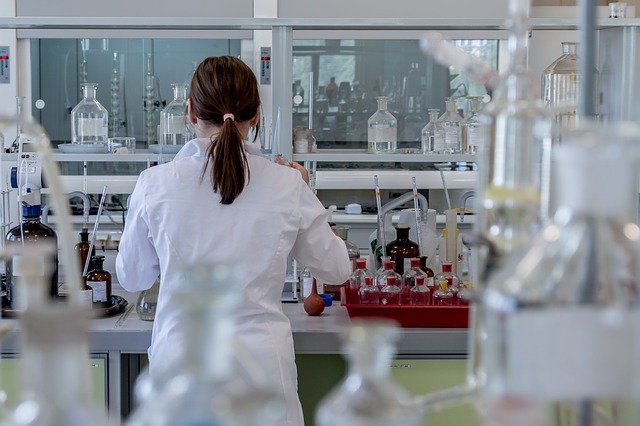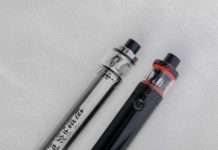
Johannesburg, 20 October 2021 – Universities have been a source of reliable information and instrumental in providing pioneering solutions to the challenges facing society, since the onset of the COVID-19 crisis. This, despite research activities and facilities grinding to a halt by the closure of campuses, due to lockdown and social distancing restrictions.
Universities around the world have responded positively, by collaborating in ground-breaking research and assisting governments to find solutions to the challenges brought about by the pandemic.
‘’Research is a fundamental pillar of a university,” says Dr Kwezi Mzilikazi, Director of Research Support and Management at Nelson Mandela University. “Higher education institutions not only deliver on the needs of societies that are undergoing rapid change, but also help to move us forward, especially during times of crisis – like that which we have endured over the last 18 months,” says Dr Mzilikazi.
Some of the ways universities have contributed, range from delivering vital data on the SARS-CoV-2 genome to the design of low-cost equipment and the development of rapid testing kits. Dr Mzilikazi says that Nelson Mandela University has played a big part in this collective, global effort in slowing the spread of COVID-19, some of which are listed below:
- Engineering, design and testing of equipment, personal protective equipment and sanitising solutions
- Public awareness and understanding, through multilingual storytelling and multimedia
- Public health and safety, through the development of electronic health records, symptom management systems and web-based mortuary information management system
- Hosting a master facility COVID-19 vaccination site, approved by the Eastern Cape Department of Health
- Data analytics and research, which includes: forecasting COVID-19 propagation, mathematical modelling of the COVID-19 transmission dynamics, forecasting the impact on economic growth and human development, contact tracing and HEAT maps.
- Mental health impact of the COVID-19 pandemic, and how to manage personal wellness and provide access to services through mobile technology
- It is worth mentioning that the effects of the ongoing pandemic extend beyond healthcare. The social and economic impacts of job losses and reduced income are examples of knock-on effects that deserve equal attention in order to find new ways to address these challenges.
In South Africa, the undercurrent of the coronavirus has exposed serious socio-economic challenges, particularly among lower-income groups. A lack of access to internet connectivity and unstable electricity supply are setbacks that disadvantaged communities have had to grapple with in the past, but have been exacerbated during a time when digital learning and remote working have become the norm.
Another way in which the university is championing change, is through the community-owned renewable energy model that is being piloted in KwaZakhele. The initiative will provide a decentralised energy solution to the community, which will enable working-class townships to become producers, rather than consumers, of electricity.
Dr Mzilikazi endorses the role of higher education in research, innovation, and progress – specifically initiatives that support Vision2030, such as those being executed at Nelson Mandela University. “Universities are places of learning where students and academics engage to share thought and create new knowledge, at the highest level,” says Dr Mzilikazi. “But it’s one thing to generate knowledge within an institution – modern universities with research as one of their core missions should go a step further, and share and exchange knowledge with broader society, if we are to move society forward in terms of health, socio-economics, sustainability and climate change,” says Dr Mzilikazi.
PRESS RELEASE ISSUED BY:
Kerry Simpson
Tel: +27 (0) 79 438 3252











